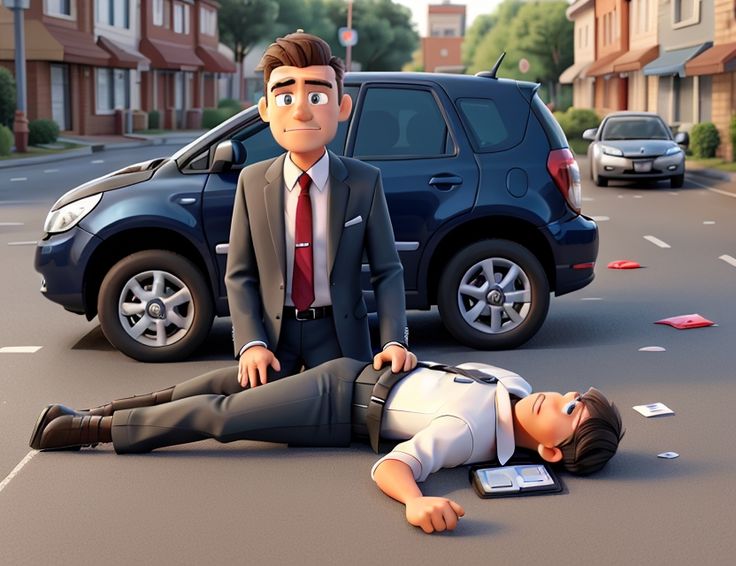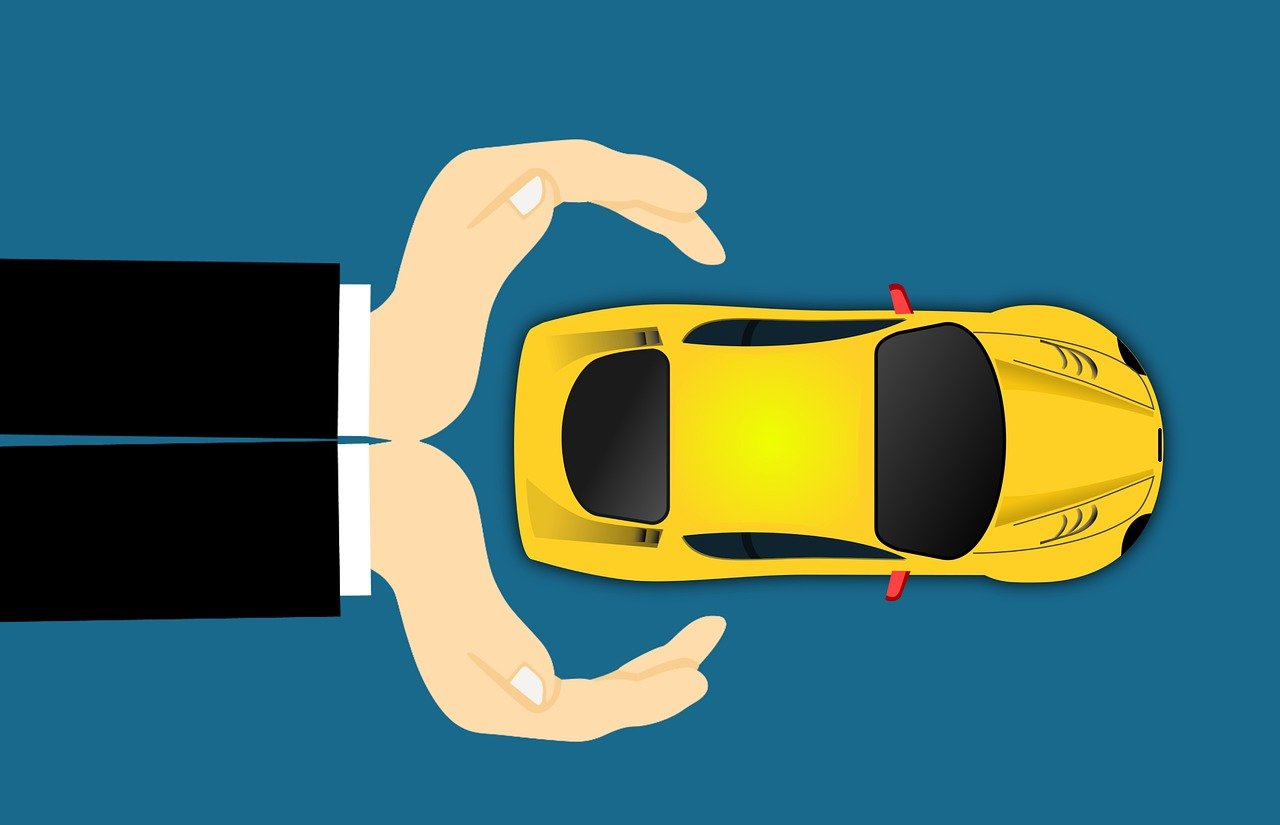Many drivers have likely experienced this scenario: someone suddenly crosses your path, and before you can react, you collide with them. After the accident, the first thought is often, “Thank goodness I have car insurance—the insurance company will surely handle this.” But is that really the case? Can insurance truly cover everything after a car accident? Today, we'll delve into this question.

First, insurance coverage isn't a “universal shield.” For most car owners, purchased insurance typically falls into two categories: compulsory traffic insurance (CTI) and commercial insurance. CTI is mandated by the state to compensate third parties for bodily injury or property damage, but its coverage limits are relatively low and often insufficient to cover all expenses. If you hit someone, CTI's compensation scope is limited, while commercial insurance plays a more significant role.
However, commercial insurance isn't a “universal shield.” It covers various items like vehicle damage, third-party liability, theft, and more. Yet, in traffic accidents, certain circumstances may lead insurers to deny full compensation. For instance, if the driver violated traffic laws or was driving under the influence during the accident, the insurer might reduce or refuse payment.
Furthermore, some policyholders may select coverage that doesn't address all potential scenarios. Suppose you only purchased third-party liability insurance but omitted vehicle damage coverage or comprehensive theft protection. In that case, the insurer won't compensate you for damage to your own vehicle. This underscores that the scope of auto insurance compensation is directly tied to the specific policies and coverage options you choose.

Additionally, insurers don't always provide prompt or full compensation. Some policies stipulate compensation ratios after an accident, such as requiring the policyholder to cover a portion of the costs or setting compensation caps. Insurers typically investigate accidents to determine if there was malicious intent or non-compliance with policy terms. If the driver engaged in irregular practices during the incident—like failing to report to the police as required or not promptly notifying the insurer—it could impact the claim settlement.
Furthermore, it's important to note that the post-accident compensation process itself is complex. Policyholders typically need to provide extensive evidence, including accident scene photos, police reports, and medical records for injured parties. Insurance companies assess this documentation to calculate the final compensation amount. During this process, policyholders may experience perceived “delays” or “bureaucratic hurdles,” which is why many complain about slow auto insurance claims processing.

Therefore, whether an insurance company provides full compensation depends on multiple factors, including the nature of the accident, the coverage details of the policy, the policyholder's actions, and the insurer's investigation findings. When purchasing insurance, policyholders must thoroughly understand their policy, select appropriate coverage types, and strictly follow procedures during an accident to avoid claim limitations due to negligence.
To ensure adequate protection during unexpected incidents, opt for a more comprehensive auto insurance package and regularly review your policy terms to safeguard your rights. After all, while auto insurance serves as an umbrella of security, it only truly shields you from harm when used correctly.




